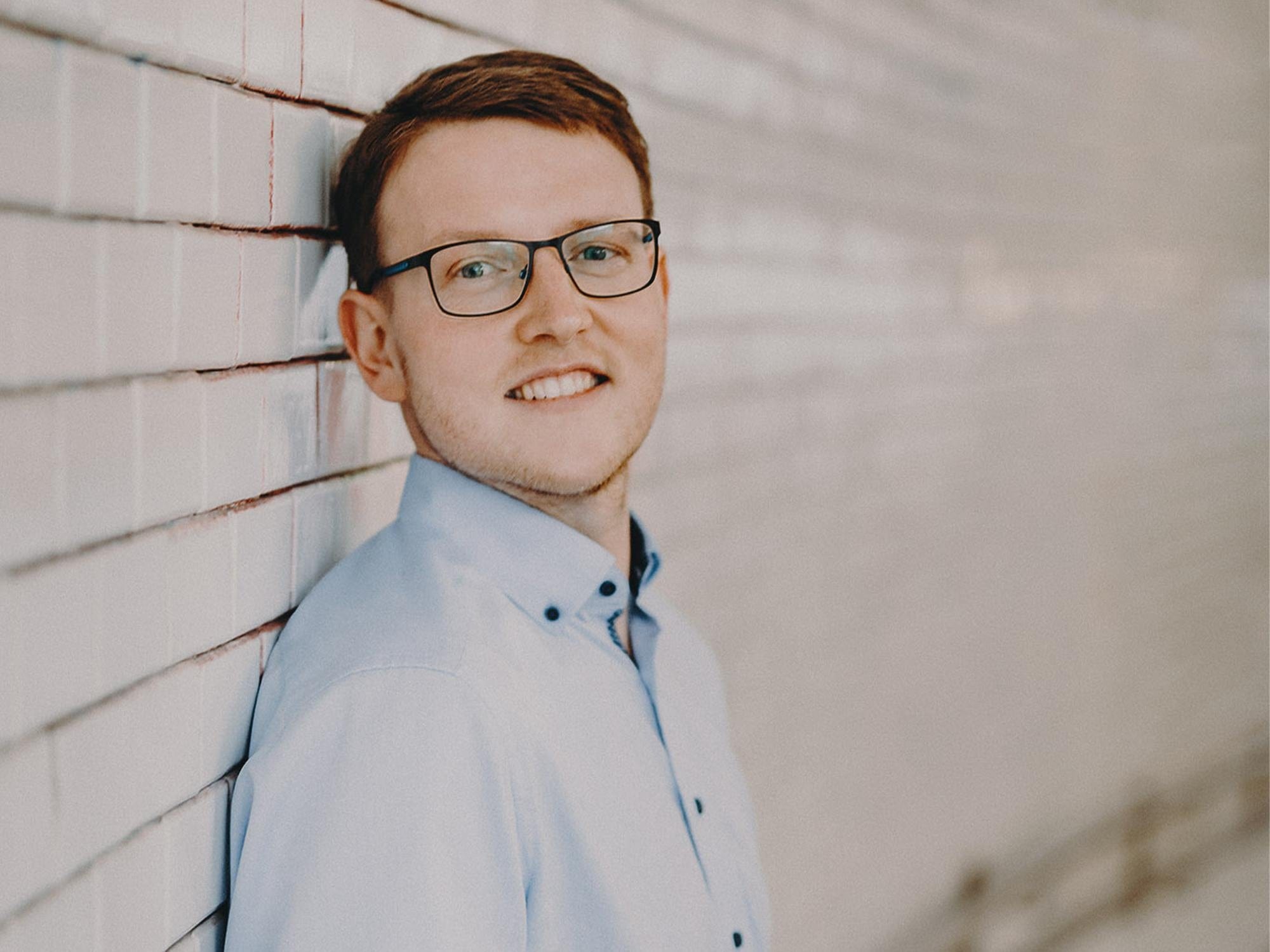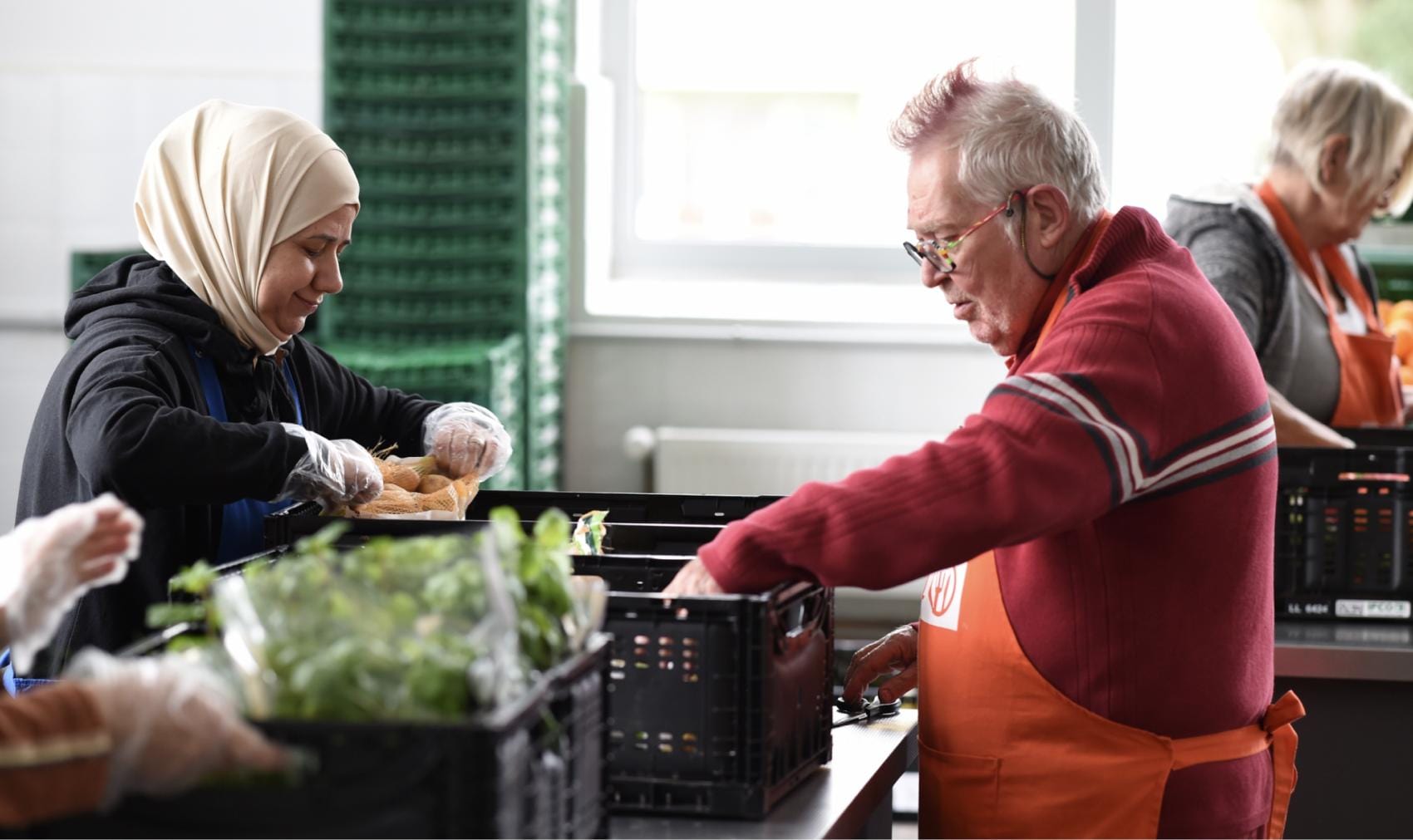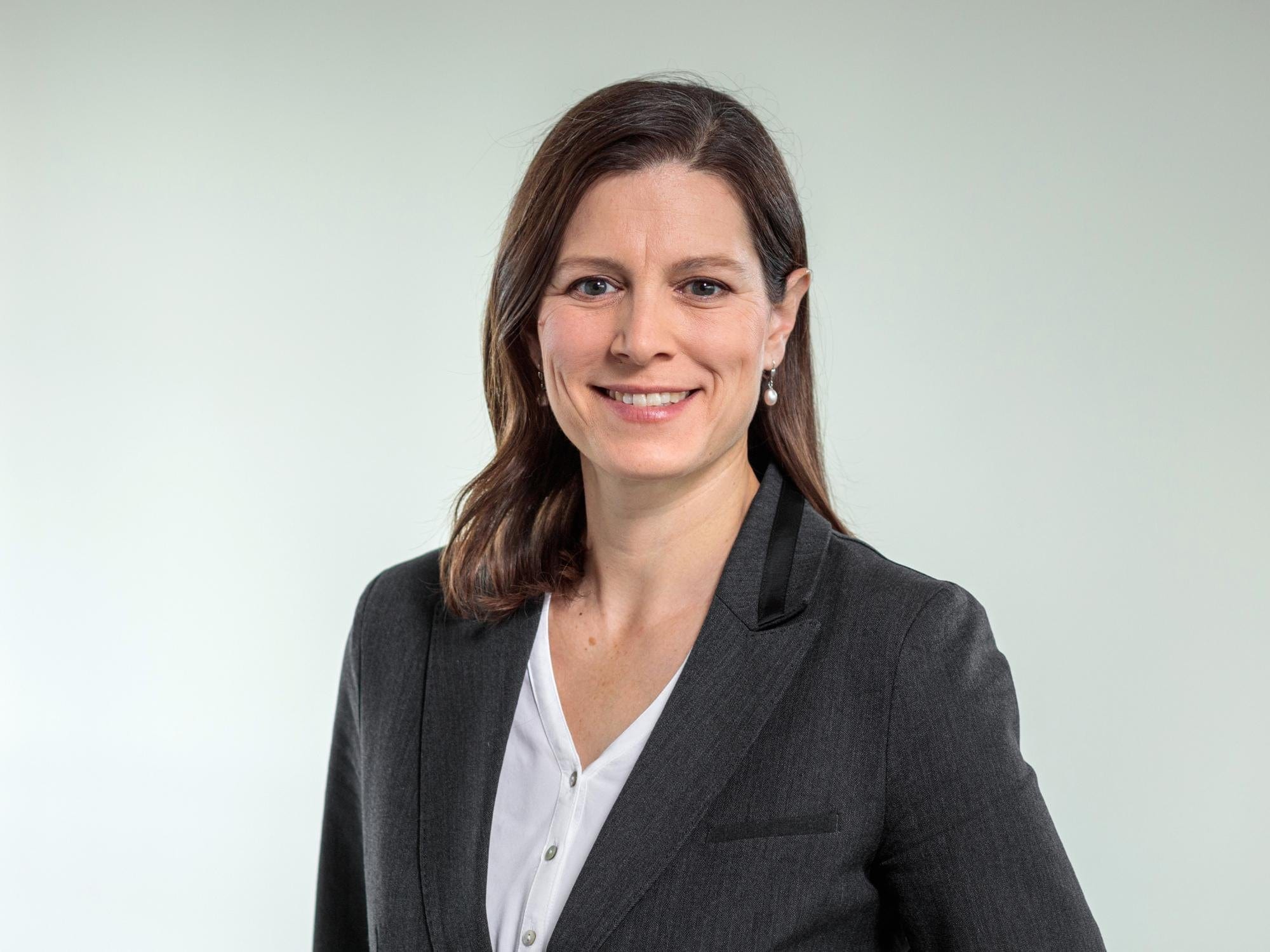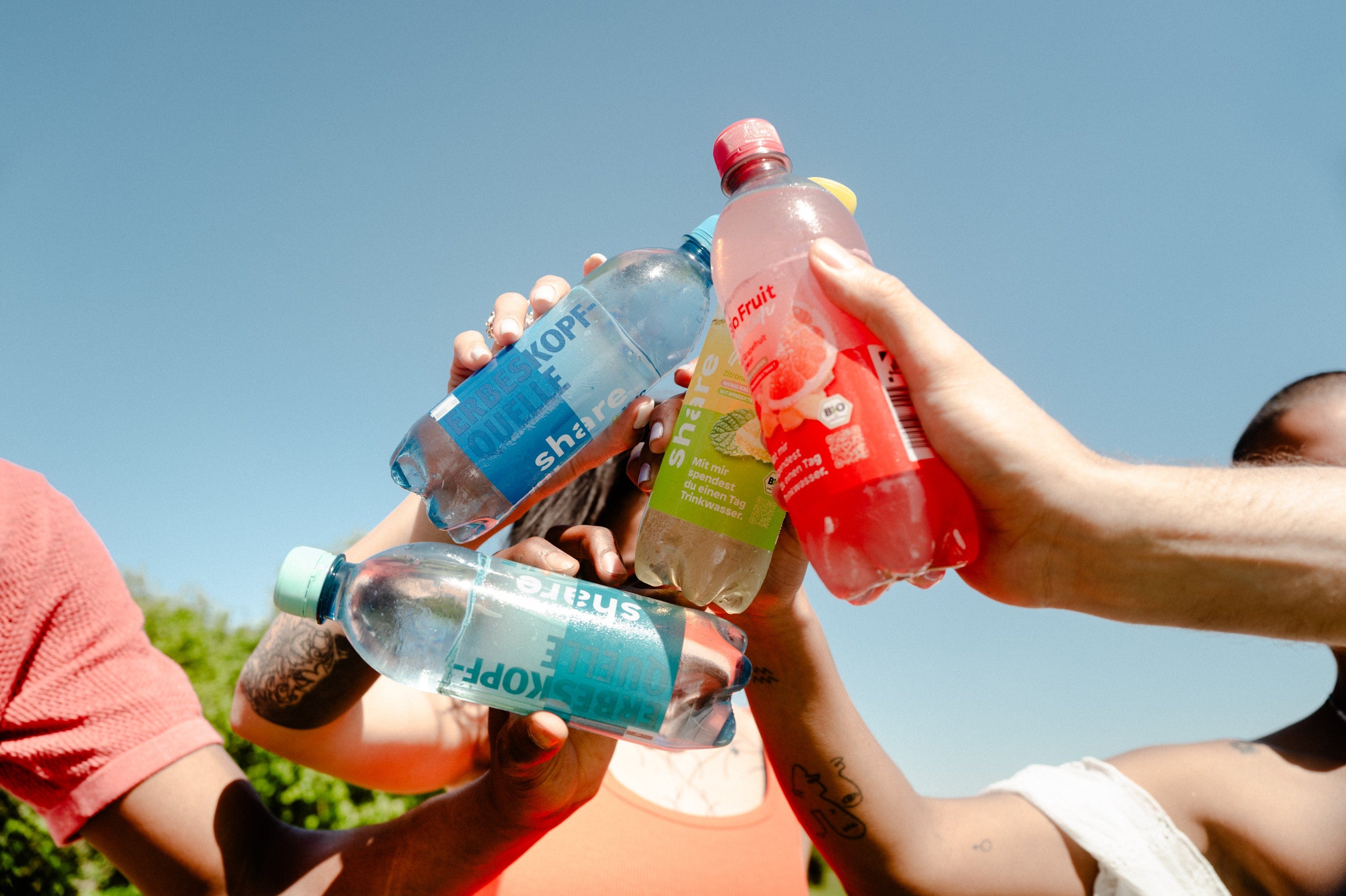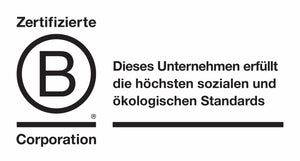Lack of inclusion is a deeply rooted structural problem that makes social justice and thus equal opportunities impossible in our society. Due to a lack of representation, people with disabilities are not given a voice and live in a parallel system that urgently needs to be broken down. We spoke to inclusion activist Raul Krauthausen about this. In the interview, he tells us about his first experience of discrimination, the everyday barriers that prevent access to powerful positions and his demands on politics and the majority society.
Social justice means that everyone has the same opportunity to develop skills and talents and to achieve goals and desires. Everyone starts in the same position. What problems do you face as a person with a disability? In which areas of everyday life are you treated socially unfairly?
Social justice is a nice concept, but it is lacking in implementation. Just look at the access conditions for all of these places where talents are developed and goals and wishes are achieved. The most important educational institutions - from primary school to university - are not at all geared towards disabled people. But I can't get into public transport, flying, apartments, events, doctor's offices, shops, restaurants - anywhere.
I regularly have to deal with Deutsche Bahn's travel companions. The only thing that is set right is segregation into parallel systems and isolation. But that is exactly what we need to get rid of!
When and where did you first realize that you do not have the same opportunities as people without disabilities?
In fact, I didn't realise until quite late that I was being discriminated against. Fortunately, my parents were able to enable me to attend a regular school. When playing with my schoolmates, it was never about whether I had a disability or not, but about whether we had fun together. At school, I had the same experiences as many others - good and bad grades, being popular or unpopular, everything was just like many other schoolmates. And so I didn't have to worry about whether I had different opportunities because of my disability.
It was only when we went to the career information center biz in ninth grade and my schoolmates were allowed to choose their careers based on their interests, while I was led into a separate room with a man who showed me the workshop for disabled people, that I realized that I would probably have very few options.
What do the opportunities of disabled people depend on? In your opinion, what is the most important factor in making the world fairer for people with disabilities?
For many, it depends on whether parents allow themselves to be talked into sending their children to a special school or whether they succeed in getting their child into a regular school despite all the odds. A good education sets the course. But the struggle doesn't end there, of course. It takes a lot of effort and assertiveness to gain a foothold in the world of work, even outside of a workshop for disabled people.
Everywhere in our society - in the cinema, restaurant, shops, our friends' homes - there are barriers that ultimately prevent true participation. The system for disabled people therefore exists outside of these areas of the majority society. The first step is a legally anchored obligation for accessibility. This opens up important participation spaces for us disabled people where encounters can take place. Only through encounters can prejudices be broken down and other social spaces opened up.

